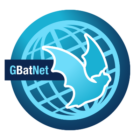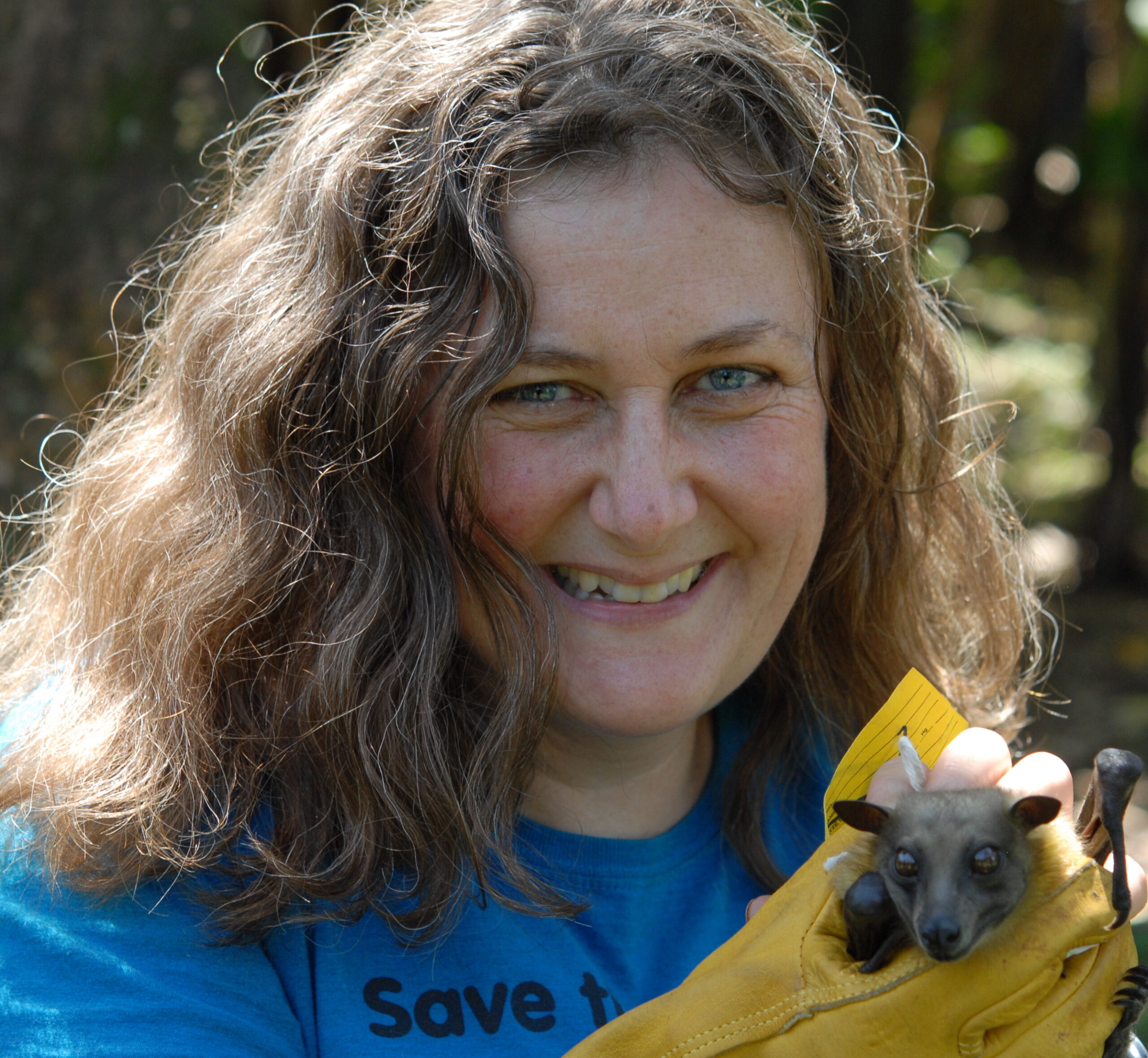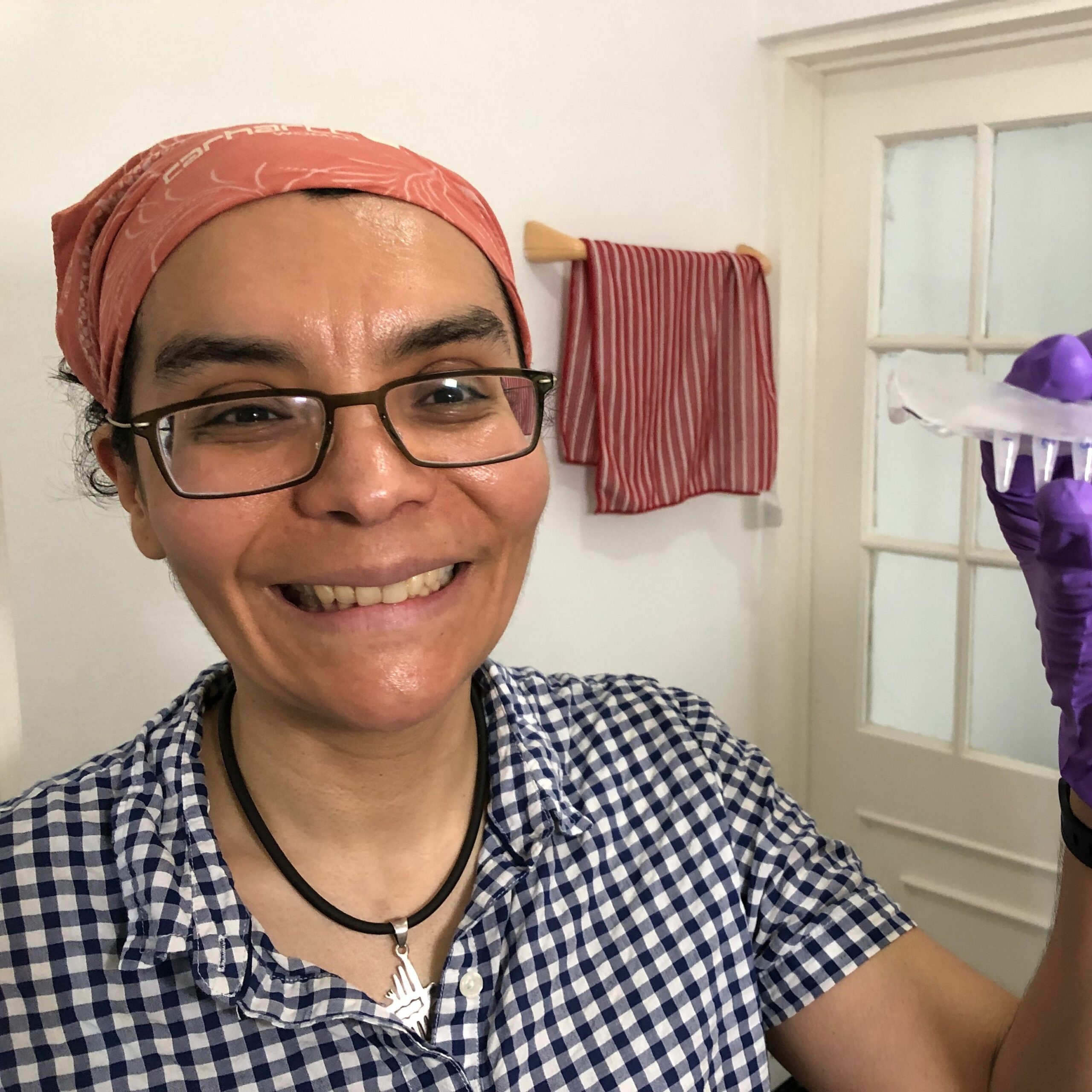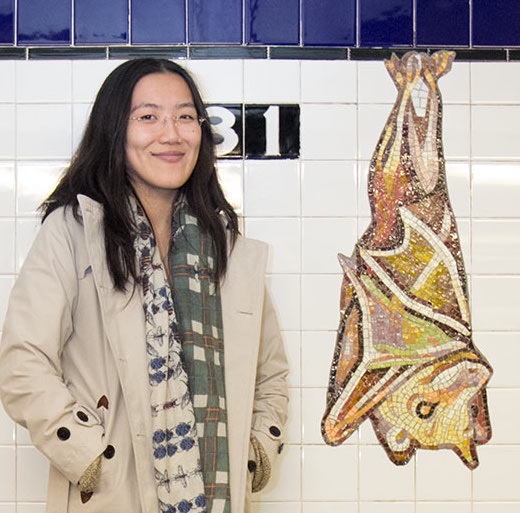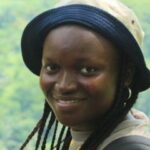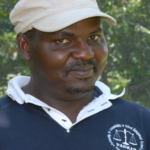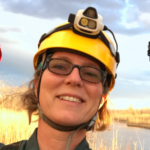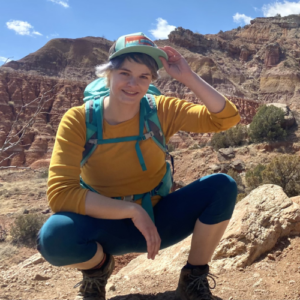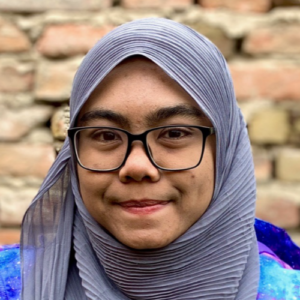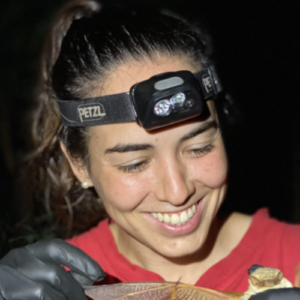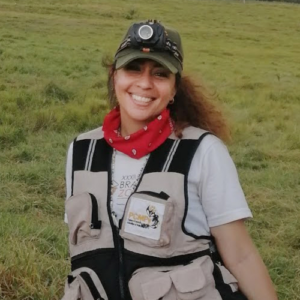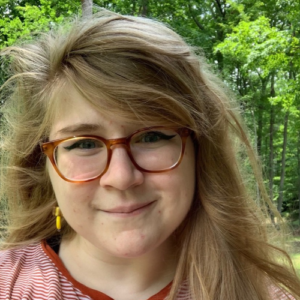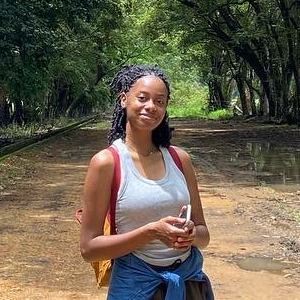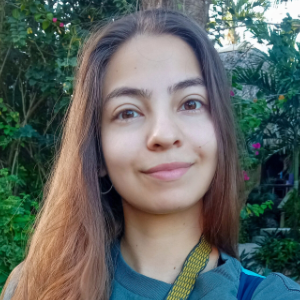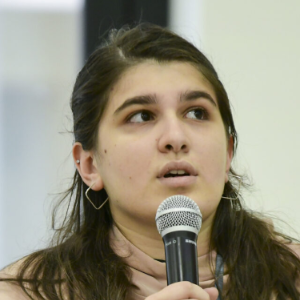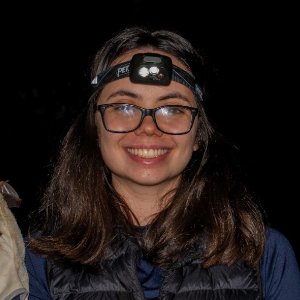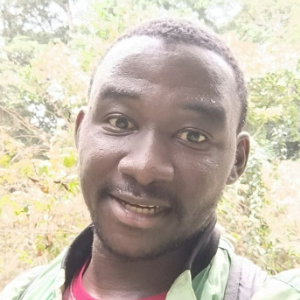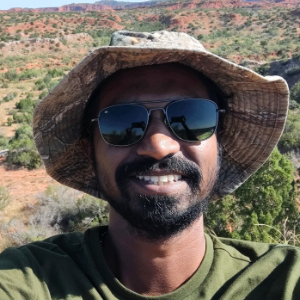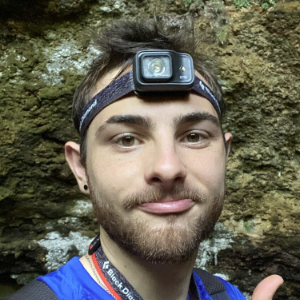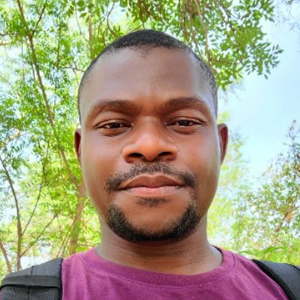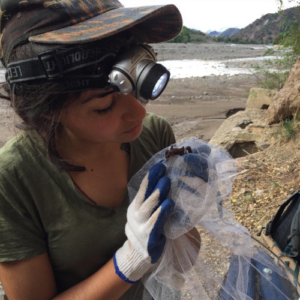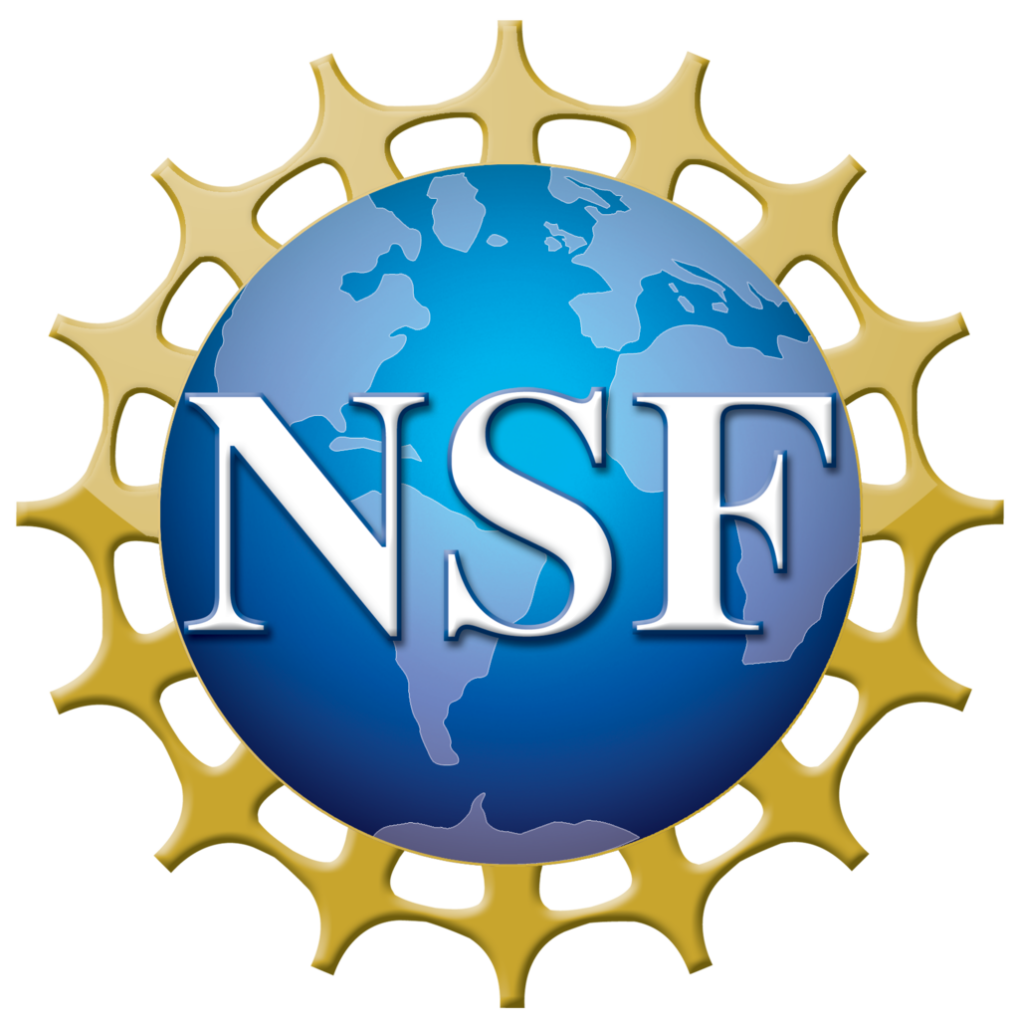Welcome!
The Global Union of Bat Diversity Networks (GBatNet) is the network of bat networks (and affiliated organizations) that are involved in exploring complementary aspects of bats to facilitate and enhance research addressing bat diversification and sustainability. The long-term goal and mission of the GBatNet is to integrate bat research networks across diverse disciplines and geographies to achieve the following goals: (1) capture rules of life governing diversification of bat phenotypes worldwide across scales; (2) integrate our findings to develop predictive models of species vulnerability to anthropogenic change; (3) slow or mitigate the rapid decline in global bat diversity; (4) secure ecosystem services provided by bats and minimize disservices; and (5) develop research capacity and empower the next generation of diverse scientists to implement and lead the GBatNet mission. You can learn more by checking out our Strategic Directions.
Spearheading this effort are:
Dr. Tigga Kingston is a Professor of Biology at Texas Tech University. Her research on conservation ecology uses an integrative approach that combines studies of functional, reproductive, landscape, community, and microbial ecology to understand community assembly and disassembly in response to anthropogenic changes to habitats. She is the Founder of the SEABCRU, Co-Chair of the IUCN BSG and BOHRN, on the Steering Committee of BCA and Scientific Advisory Board of WABNet, and a member of the GBTWG.
Dr. Nancy Simmons is Curator-in-charge of the Department of Mammalogy at the American Museum of Natural History (AMNH), and a Professor in the museum's Richard Gilder Graduate School. Her research focuses on morphology, evolution, and systematics of bats, and she collaborates with specialists in other fields on studies of bat community structure, parasites, microbiomes, and pathogens. She is Chair of the GBTWG, and a member of the IUCN BSG, BPEN, SEABCRU, and Bat1K, and on the Board of Directors of BCI.
Dr. Liliana Dávalos is a Professor of Ecology and Evolution at SUNY Stony Brook. Her research focuses on the biotic and abiotic mechanisms that produce species and trait diversity, and how growing human activities affect the old-growth forests where diversity concentrates. These questions are integrated across two disparate scales to analyze how past extinction events caused by humans can help conserve extant species; one uses phylogenetics and comparative analyses to answer questions about diversification in deep time, and the other applies remote sensing and spatial statistics to probe recent human history. She is on the Board of Directors of Bat1K, and Scientific Advisory Board of BCI.
Dr. Susan Tsang is a Research Associate at AMNH and National Museum of the Philippines, and Research Collaborator at the National Museum of Natural History--Smithsonian Institution. Her research focuses on the evolution, biogeography, and conservation of Old World fruit bats, and she collaborates with other specialists to study aspects of bat-borne pathogens and functional genomics. Her scientific consultancy through her company, Biodiversitas Global, focuses on trafficking, sustainability, and capacity building. She is on the Steering Committee of SEABCRU, the Regional Chair for Oceania in Bat1K, and a member of the IUCN BSG, GBTWG, and BOHRN.
GBatNet is also advised by a Steering Committee of bat scientists from all around the world and a variety of backgrounds.
Click on each of the images to learn more about each GBatNet student representative!
GBatNet is supported by a US National Science Foundation AccelNet grant.
- AccelNet: Accelerating Research through International Network-to-Network Collaborations
- The program designed to support global networks of networks to "accelerate the process of scientific discovery and prepare the next generation of U.S. researchers for multiteam international collaborations."
- AccelNet award numbers: 2020577, 2020595, 2020565.
- Learn more about the AccelNet grant here
